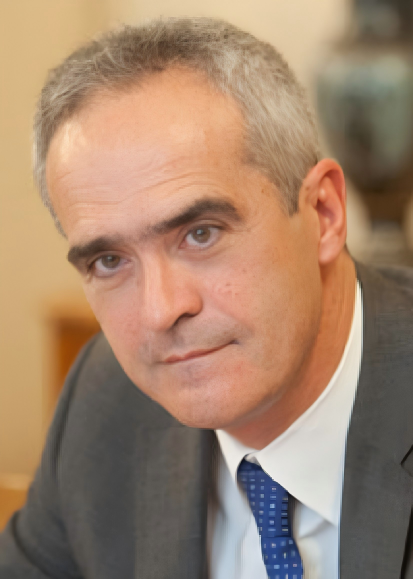摘要:
The mitochondrial Ca2+ channel exhibits high molecular diversity in different cell types and pathophysiological conditions: two pore subunits (MCU, MCUb), three regulatory elements (MICU1, MICU2, MICU3) and a scaffolding factor (EMRE), that underlies different functional properties. In muscle regeneration, MCUb is overexpressed after tissue damage and promotes regeneration by controlling the acquisition of anti-inflammatory, pro-regenerative phenotype of macrophages. MCUb-deficient mice show maintenance of a pro-inflammatory phenotype, exhaustion of the satellite cell pool and delayed regeneration. We thus investigated the role of the MCU complex in the different phases of inflammation. By utilizing MCU-specific drugs and transgenic models, we demonstrate the effect of MCU-mediated Ca2+ uptake on mitochondrial morphological remodelling, mtDNA release, inflammasome activation and IL-1 secretion. Overall, the data highlight MCU as a promising target for RNA therapies of inflammatory conditions. The Italian National Center on Gene Therapy and RNA-based therapeutics aims to develop new nucleic-acid encoded drugs based on the elucidation of the molecular understanding of disease pathogenesis. In this context, we are developing MCU siRNAs as novel anti-inflammatory drugs, testing a variety of cellular models, organoids and animal models of pathophysiological interest (inflammatory bowel and lung diseases, arthritis, systemic inflammation).
个人简介:
Rosario RizzutoDept. Biomedical Sciences, University of Padua, Italy; President of the National Center on Gene Therapy and RNA-based Therapeutics

